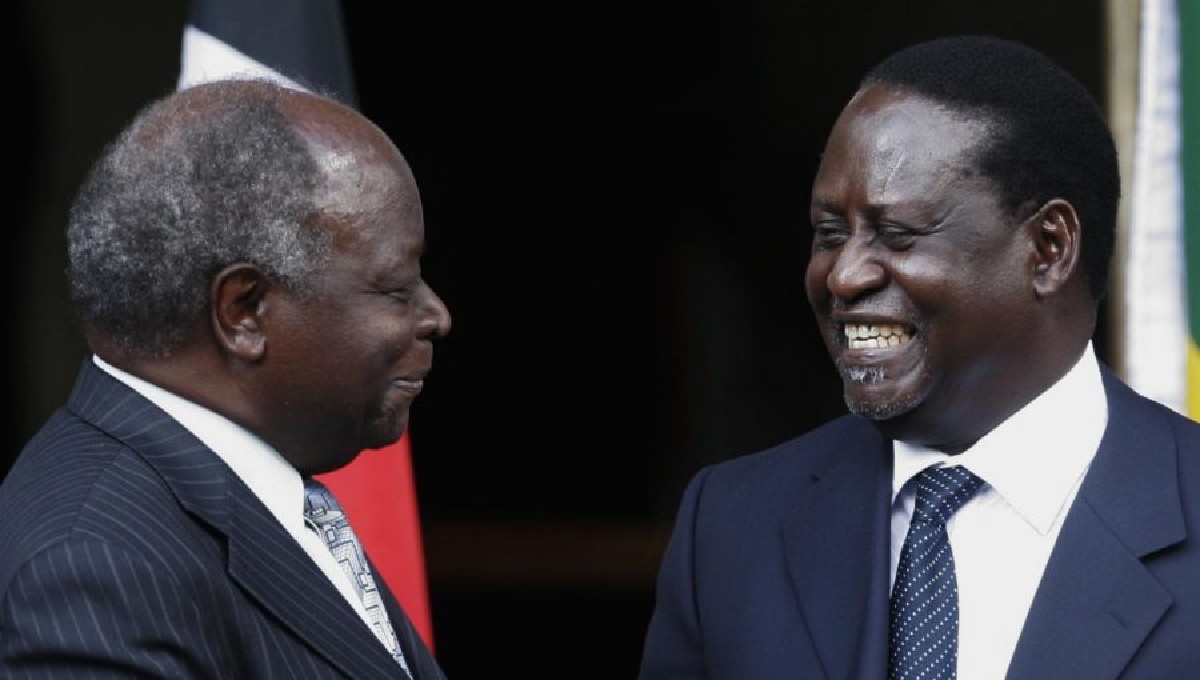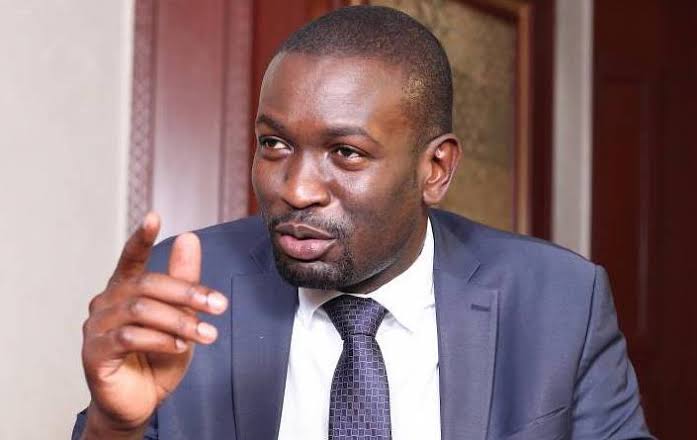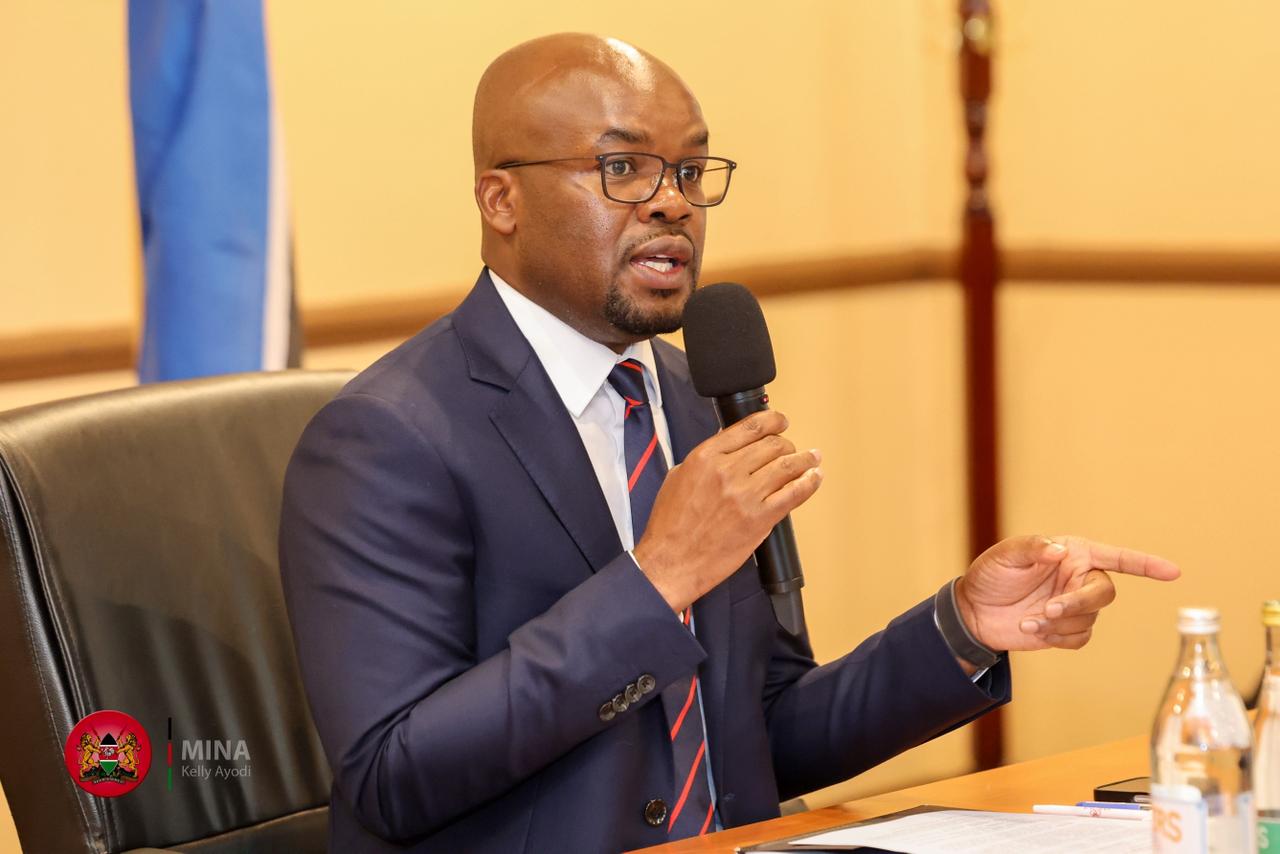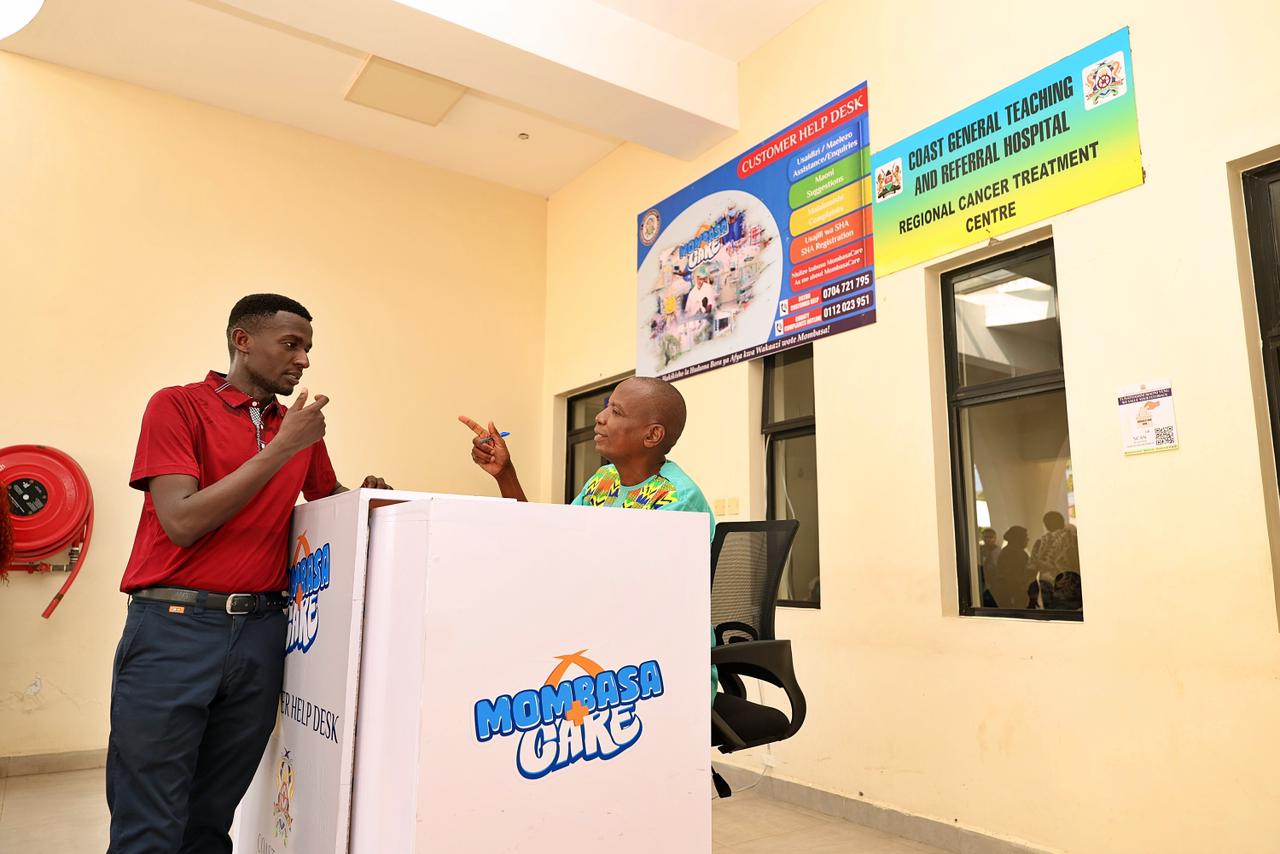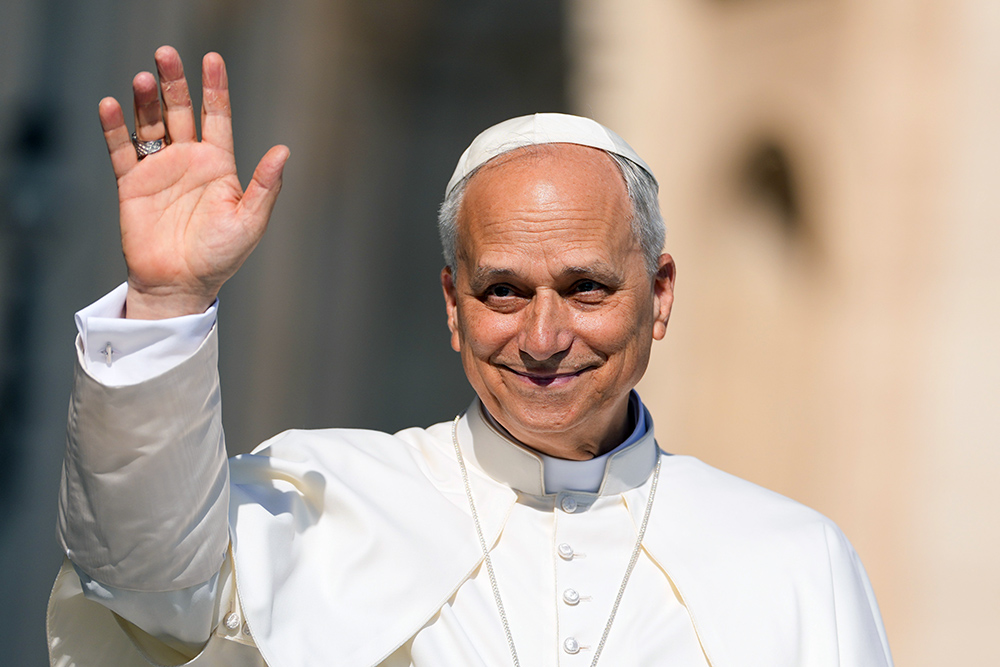Today, we take a moment to consider the life and legacy of Raila Amolo Odinga, a significant figure in Kenya’s political scene. He was often referred to as “Baba”.
A key aspect of Raila’s political path was his readiness to connect with others. These “handshakes” represented more than mere symbols; they were efforts to bring together different segments of Kenyan society for the purpose of reform, stability, and justice.
Following one of the most brutal and divisive elections in Kenya, Raila and President Mwai Kibaki met to recognize the nation’s suffering and pledged to prevent more violence. The Grand Coalition government that emerged was not perfect, but it initiated the healing process for Kenya’s wounds.
One of his most well-known yet controversial handshakes occurred in 2018, leading to a pact that aimed for national unity, electoral changes, and a renewed focus on good governance. The main initiative, the Building Bridges Initiative (BBI), aimed for institutional reform but was ultimately rejected by the courts. Raila later claimed that he did not benefit personally from this agreement, stating that his true goal was always national reform.
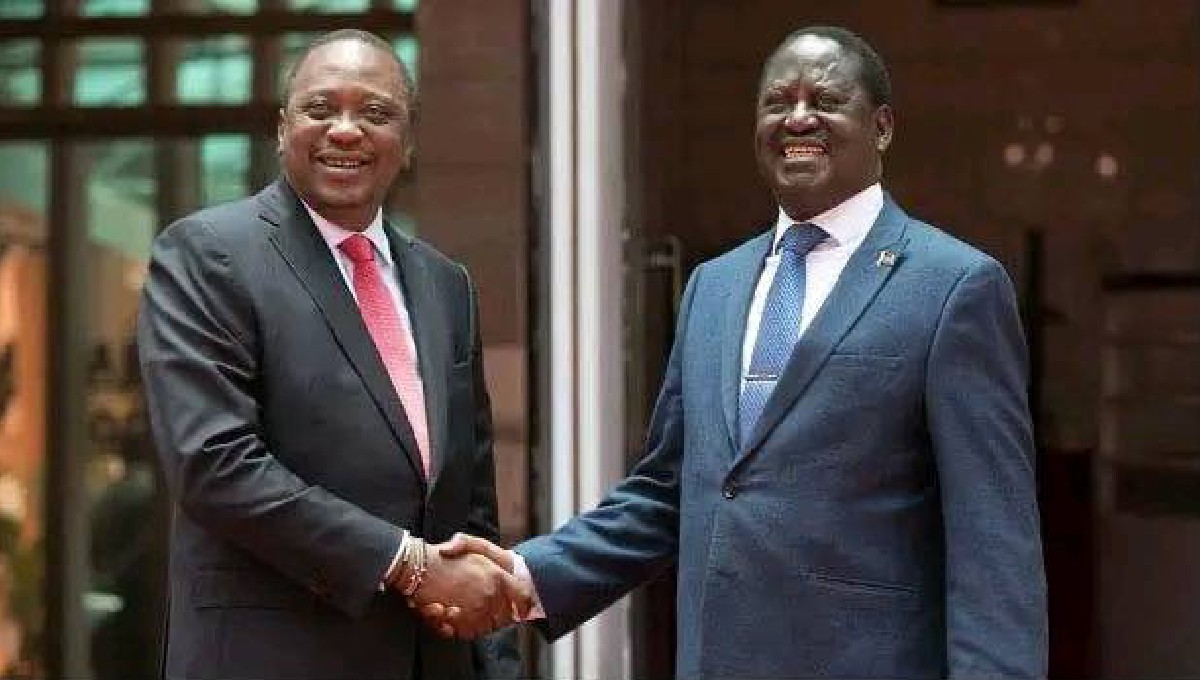
In recent years, Baba once again extended his hand to President William Ruto for cooperation. Critics questioned whether these were true partnerships or just political performances, but Raila’s supporters argued that even symbolic unity could help reduce tension.
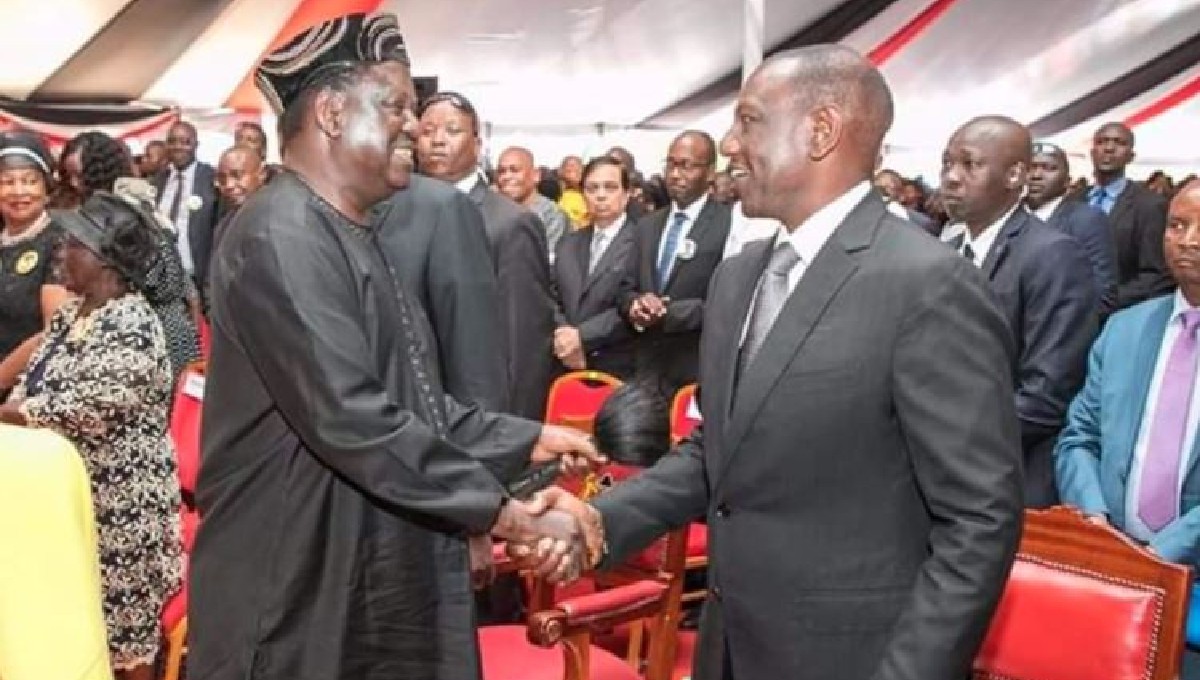
Whether it was demanding fair elections, advocating for constitutional changes, or supporting marginalized groups, Raila remained committed to his vision, even when faced with strong opposition.
Raila persisted in the face of challenges, facing election losses, having his law reform initiatives overturned by the courts, and being frequently accused of being politically inconsistent. Nevertheless, he stayed involved, continuing to speak out and make proposals.
Critics might view his “handshake moments” as betrayals of his opposition; however, his supporters regarded them as a strategy to show that Kenya can rise above its divisions.
Baba emphasized the need for accountability, questioning motives, and expecting leaders to uphold their promises, even when it may not be politically convenient. His life has shown younger generations that politics is not solely about winning, it’s about perseverance.
Perhaps, his greatest legacy is reminding Kenya that true leadership involves believing in fairness, unity, and justice, and extending your hand, even when it seems easier to go alone.


